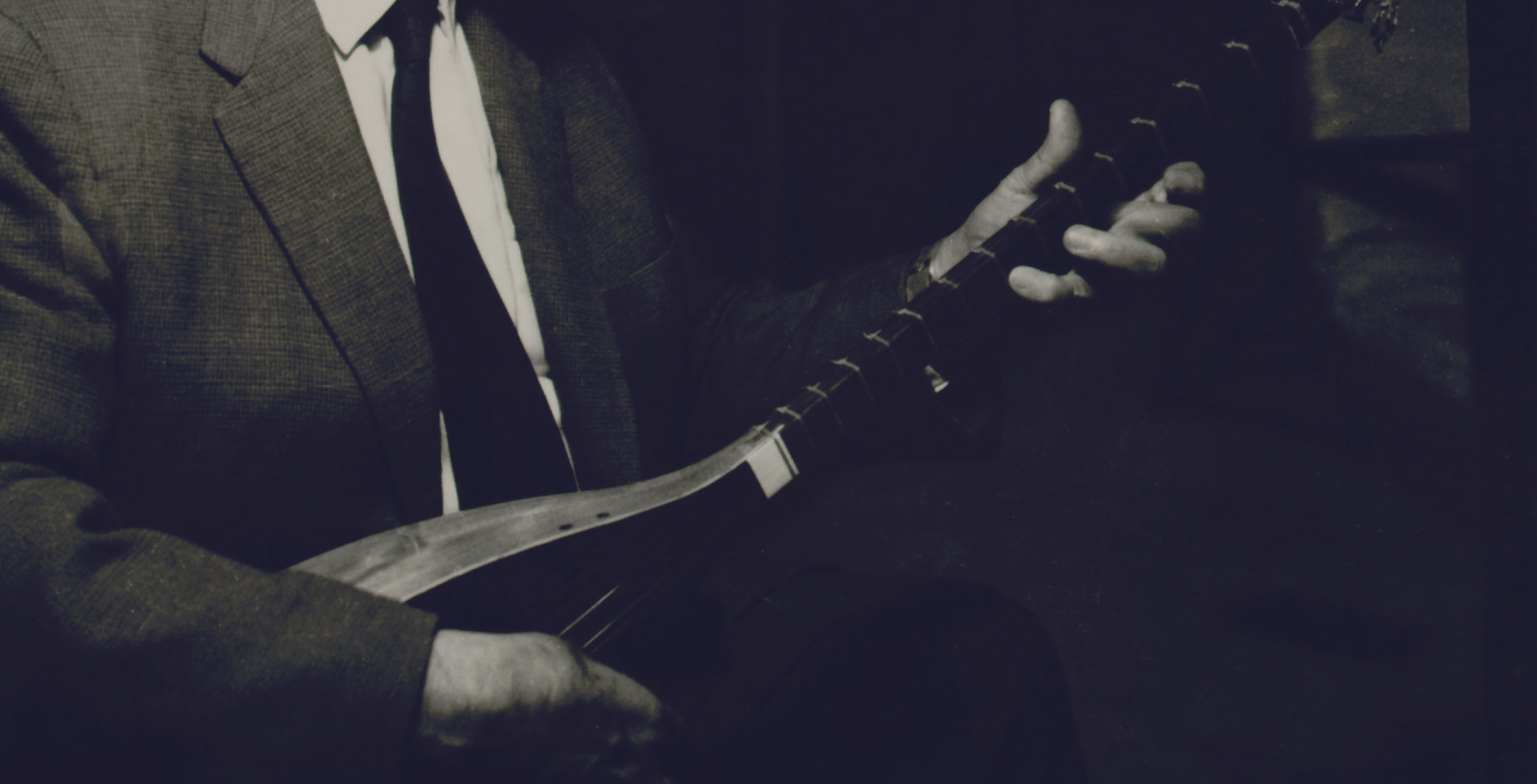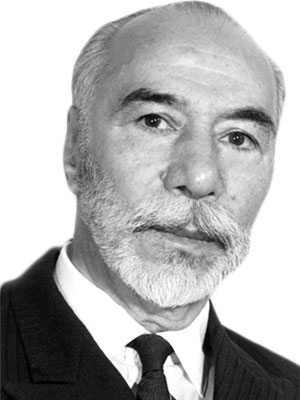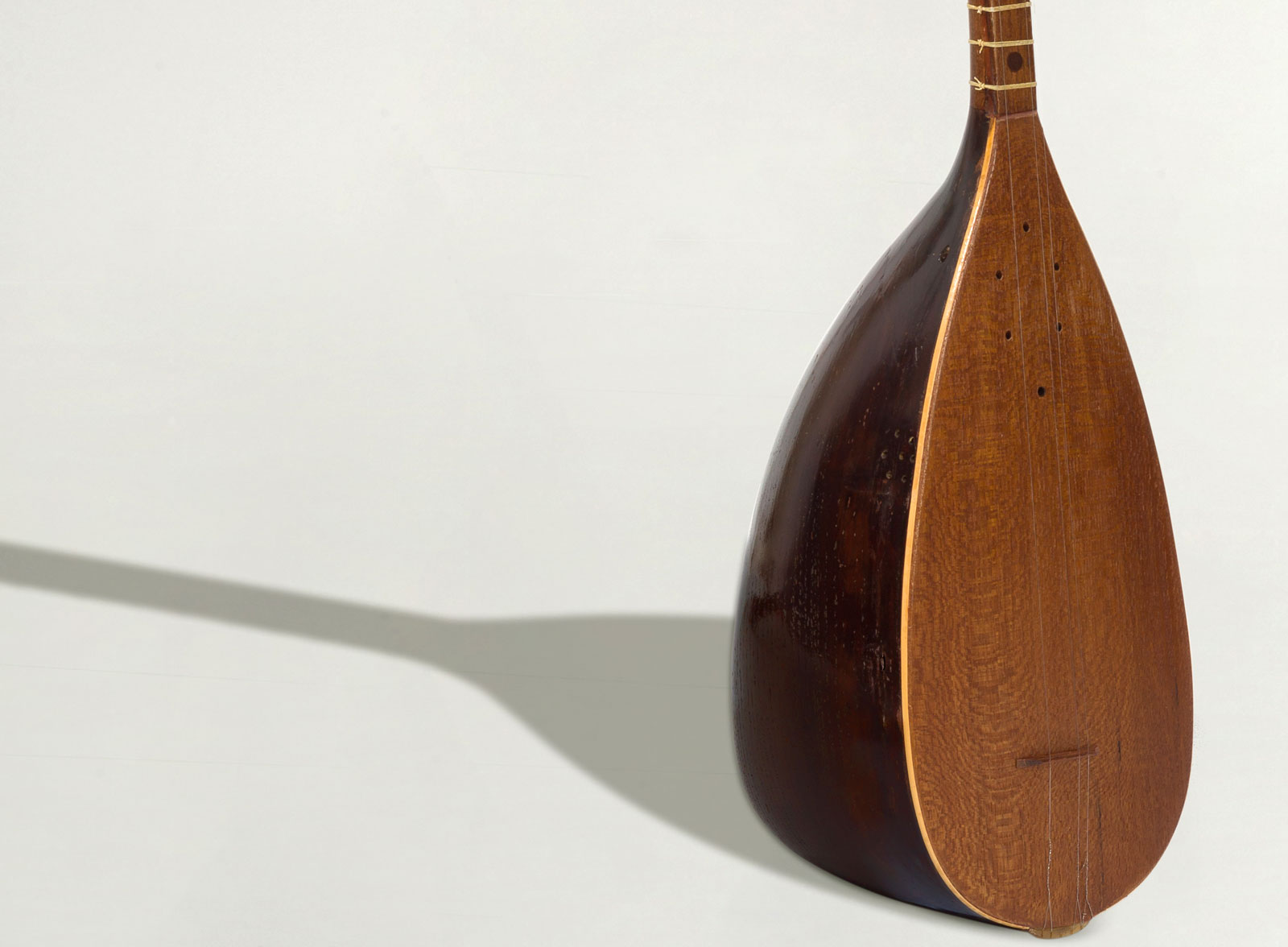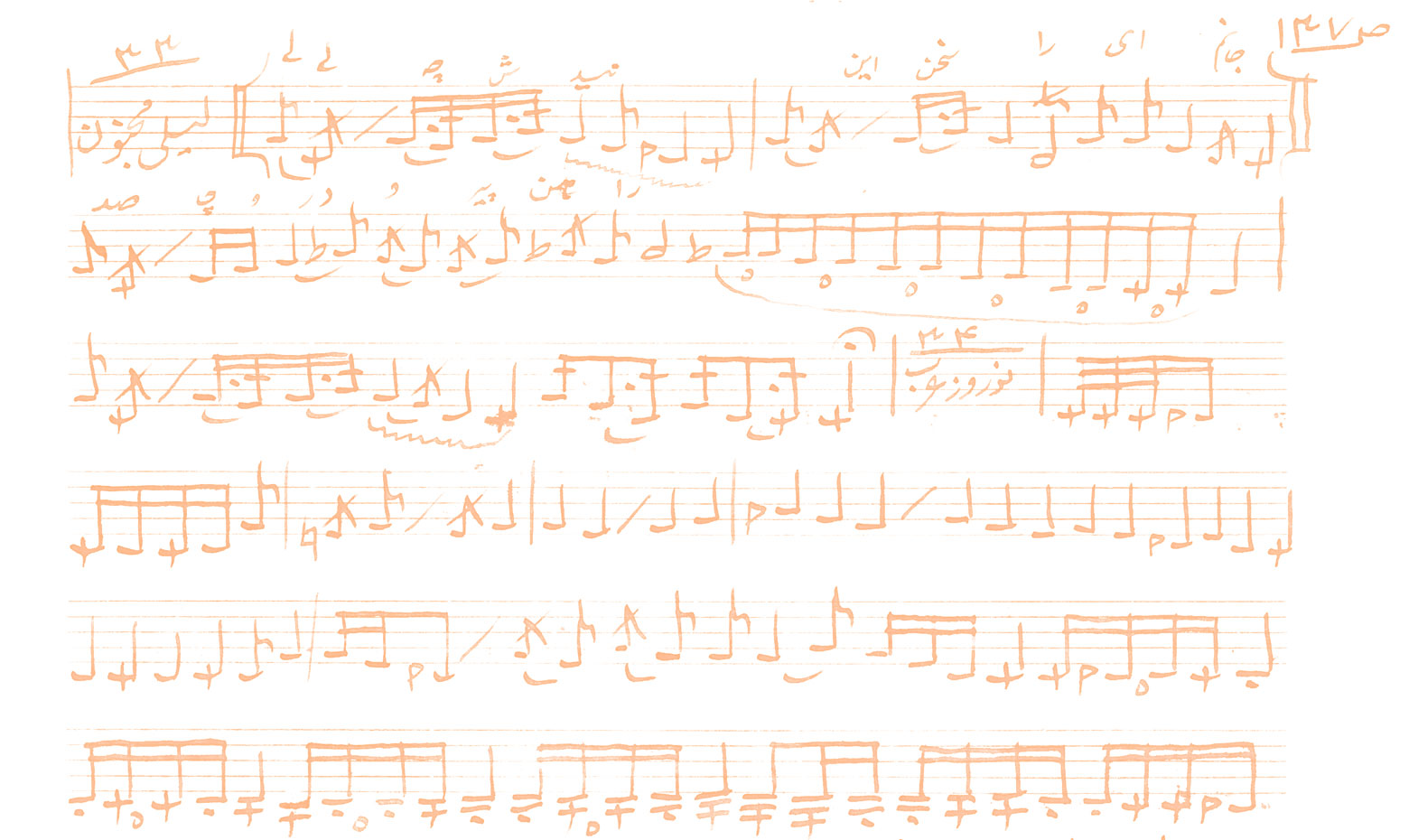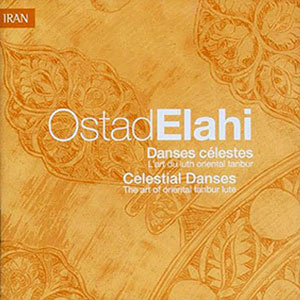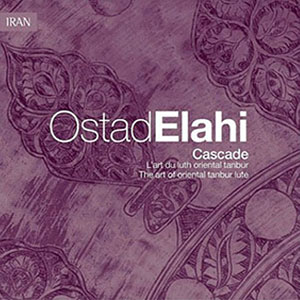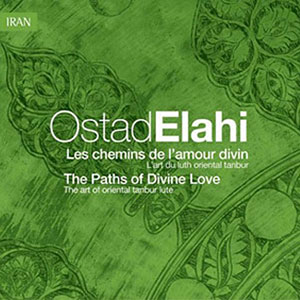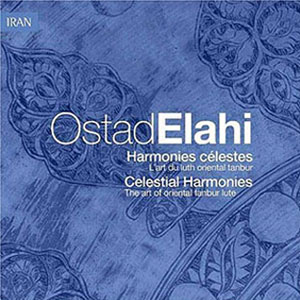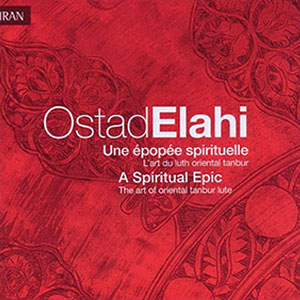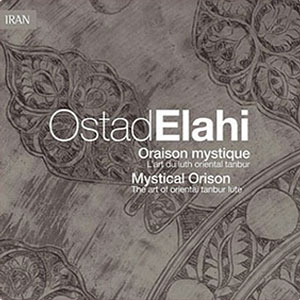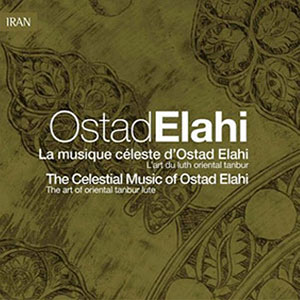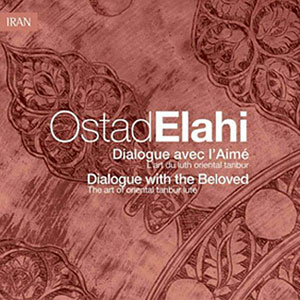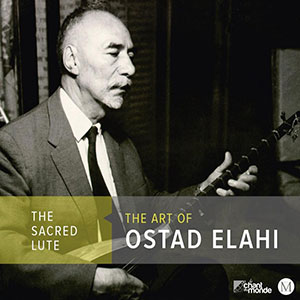About Ostad
Born on September 11, 1895 in a remote village in Western Iran, Ostad Elahi was a renowned Persian musician, thinker, and jurist. As a child prodigy, Ostad would become a peerless master of the tanbur by the age of nine. Thereafter, under the supervision of his father, a charismatic mystic and skilled musician himself, he spent twelve consecutive years in ascetic retreat and contemplation. During this period, the tanbur became his nightly companion and closest confidant, as he explored unchartered territories in its sacred repertoire.
After his father’s passing in 1920, Ostad left his native village and began to travel, eventually settling in the capital city of Tehran. At the time, the country was transitioning to a modern industrial nation under the rule of Reza Shah. Ostad decided to enroll in the newly established National School of Jurisprudence and embarked on a professional career as a judge. Over the next thirty years, he gradually rose through the ranks before retiring as Chief Justice of the National Court of Appeals. Throughout this time, he continued his regular practice of music, while studying alongside some of the greatest masters of Persian classical music.
Following his retirement in 1957, Ostad devoted his time to personal research, writing, and music. He published several books in the fields of philosophy and ethics, and founded an innovative approach to the pursuit of self-knowledge. When Musa Ma’rufi, a prominent musician and musicologist, wrote a journal article detailing how he was overwhelmed by the impact of Ostad’s music, various masters and enthusiasts from around the world began to visit Ostad to learn more about this music and its remarkable effects. Ostad passed away on October 19, 1974 at the age of 79. His memorial is located in Hashtgerd, a city on the outskirts of Tehran.
